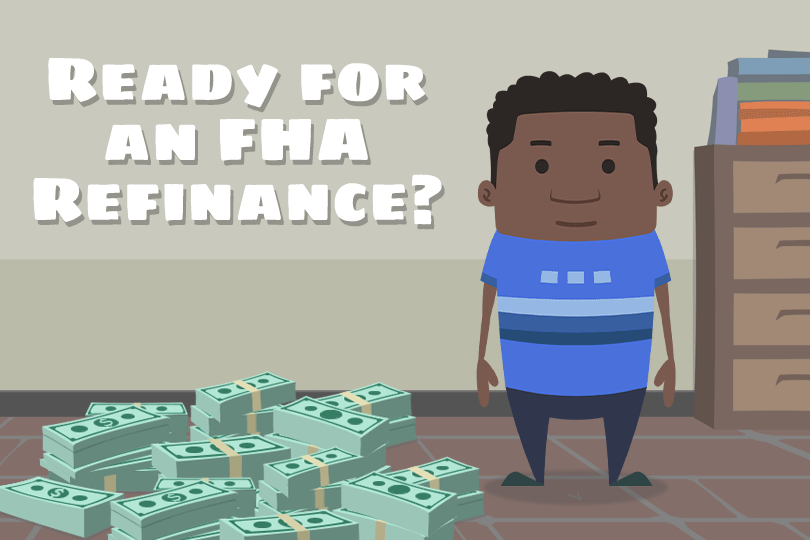Making Informed Choices About FHA Cash-Out Refinances
April 16, 2025
FHA Cash Out Refinance Loan Funds and Investing
Using FHA cash-out refinance funds for investment ventures is a major financial risk, and not just because of the loss of investment money. Borrowed capital secured by your primary residence is inherently dangerous. Day trading or investing in highly speculative cryptocurrencies carries a significant risk of substantial financial loss, regardless of the source of funds.
If these investment activities are funded through your home equity, you remain obligated to repay the increased mortgage amount, irrespective of any investment losses incurred.
All investments carry some risk, and leveraging borrowed funds, especially those secured by a primary asset like your home, amplifies these risks.
Short-Term Financial Issues
Using cash-out refinance money to cover short-term financial needs or unexpected emergencies is never a good idea. That said, some are forced to consider this option, but a clear and sustainable repayment strategy is necessary.
Consider alternative solutions, such as negotiating payment plans with healthcare providers or utilizing dedicated emergency savings. Tapping your home equity for short-term financial gaps without a plan to manage the increased mortgage payments puts borrowers in a difficult economic situation.
Some want to fund purchases like a new vehicle or use the loan proceeds for a down payment on a second property. While doing so might seem appealing, such decisions require careful financial planning to ensure long-term affordability.
Financing a new vehicle through a cash-out refinance essentially creates a long-term loan for an asset that typically depreciates over time. Explore traditional auto loan options with shorter repayment terms.
This is often a more financially sound strategy. Similarly, while acquiring a second property can be a long-term financial goal, using the equity from your primary residence for a down payment may increase your total debt.
You will need a detailed financial plan to manage the mortgage payments, property taxes, insurance, and maintenance costs of both properties.
Before You Apply
Before using a cash-out refinance for major discretionary purchases, thoroughly evaluate your existing budget. Your home equity represents a major financial asset, and tapping its equity through an FHA cash-out refinance demands careful planning.

FHA Loan Articles
December 10, 2024The FHA announced increased loan limits for 2025, providing those seeking FHA-insured mortgages after January 1st with increased purchasing power. In this article, we explore the key aspects of these limits and their implications for your homeownership goals.
When you are approved for an FHA-insured loan, the FHA guarantees a portion of the loan to the lender, lowering lender risk...
December 9, 2024The Federal Housing Administration (FHA) helps people buy homes, especially those buying for the first time or who might not have perfect credit. In 2025, there is good news for FHA borrowers. FHA home loan limits are going up.
In most places, the FHA loan limit for a single-family home in 2025 is $524,225. This is more than it was in 2024. However, in expensive areas, where houses cost more, the limit can be as high as $1,209,750.
December 5, 2024The Federal Housing Administration (FHA) has some ground rules regarding cash-out refinances. These rules are designed to protect both you and the lender, ensuring you have enough ownership of your home and reducing the risk of foreclosure. How long must you own your home before you can apply for FHA cash-out refinancing?
December 4, 2024When you think about owning a farm, do you dream of vast landscapes and thriving agricultural enterprises? Or are you looking for a quaint farm-style house to live in but not necessarily to start a new farming career?
Borrowers who want to buy a farm residence are in luck with the FHA loan program, which includes options to purchase farm residences.
November 27, 2024If you are new to the home loan process, you may wonder how your loan officer will interpret your application data. How lenient is the lender with issues related to debt, credit utilization, and related factors? We examine some key points, but remember that what follows is not financial advice. Always consult a finance or tax professional for the most current information.







